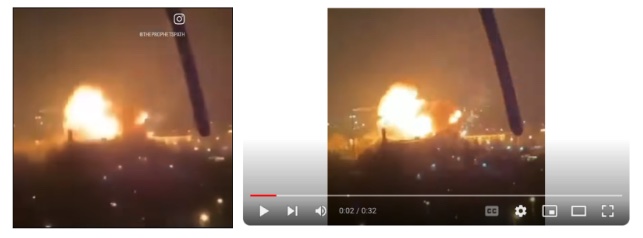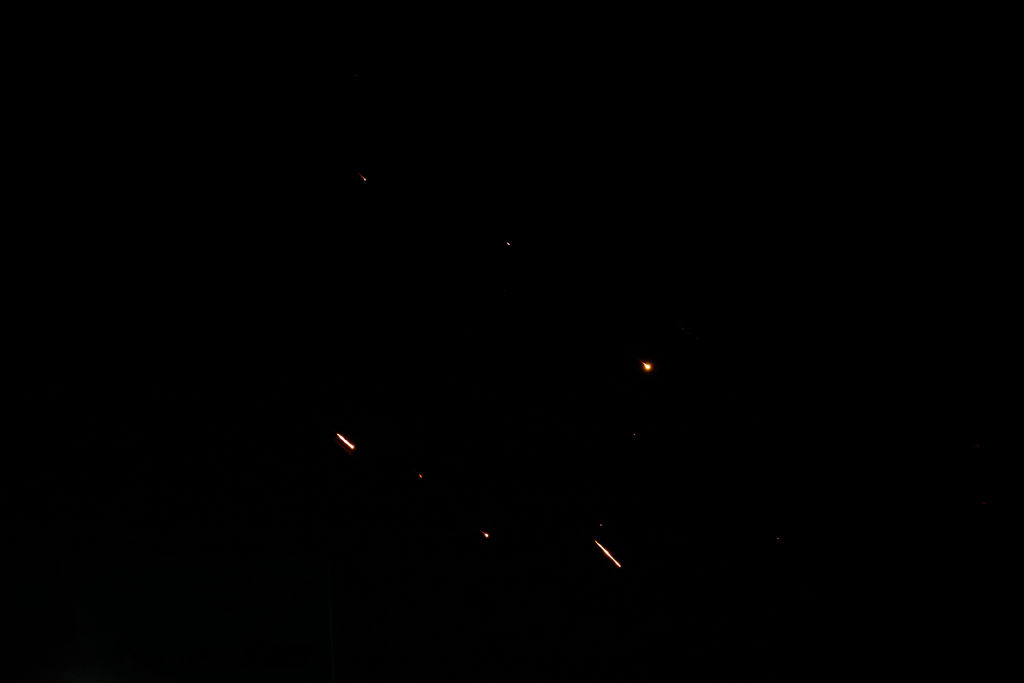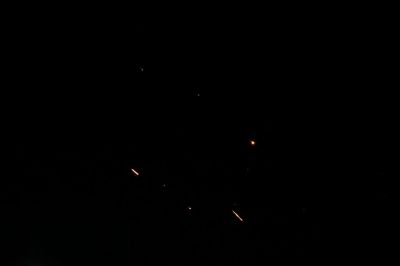On Saturday and Sunday, Iranian forces launched approximately 350 missiles and drones toward Israel in retaliation for an alleged strike by Israeli forces on an Islamic Revolutionary Guard leader in Syria earlier this month. Israeli and allied air defense systems intercepted almost all of the missiles and drones.
Multiple videos of the attack have since emerged online, but not all are legitimate. One clip purporting to show the explosive impact of a ballistic missile in Israel is appearing on sites including Facebook, Instagram, and X (formerly Twitter).
In the video, a large explosion erupts in an urban area and the sound of high-speed projectiles can be heard. “The aftermath of Iranian ballisticmissiles in Israel,” reads the text in one clip with more than 2,600 likes on Facebook.
But the video is not from recent Iranian attacks on Israel. It is actually footage of a Ukrainian attack on the Crimean city of Sevastopol in March 2024.
Identical videos of the strike began circulating online on March 23 following a Ukrainian missile attack on Sevastopol, including in a Russian Telegram group and on a Russian YouTube channel.

According to Mikhail Razvozhaev, the Russian-installed governor of Sevastopol, the attack resulted in damage to a number of commercial and residential buildings, and a 65-year-old man was killed by shrapnel. Ukrainian officials reported on March 24 that an oil depot and two landing ships had been struck in the attack.
“We can confirm that the [original video] is from a Ukrainian missile strike against Sevastopol on March 23,” Kateryna Stepanenko, a Russia analyst at the Institute for the Study of War, told The Dispatch Fact Check. “This particular video was geolocated specifically to Sevastopol.”
If you have a claim you would like to see us fact check, please send us an email at factcheck@thedispatch.com. If you would like to suggest a correction to this piece or any other Dispatch article, please email corrections@thedispatch.com.







Please note that we at The Dispatch hold ourselves, our work, and our commenters to a higher standard than other places on the internet. We welcome comments that foster genuine debate or discussion—including comments critical of us or our work—but responses that include ad hominem attacks on fellow Dispatch members or are intended to stoke fear and anger may be moderated.
With your membership, you only have the ability to comment on The Morning Dispatch articles. Consider upgrading to join the conversation everywhere.